
Information about our clinical studies
Click to expand the relevant category below to learn more about our clinical studies.
For more information about study participation you can also email us at clinicaltrials@stoketherapeutics.com.
Dravet Syndrome Clinical Studies
Emperor Phase 3 Study
The EMPEROR Phase 3 Study is a global, double-blind, sham-controlled study. The study objectives will be to assess the efficacy, safety, and tolerability of zorevunersen in patients with Dravet syndrome.
U.S. study site information is available on clinicaltrials.gov.
Trial Status
Active
Location
Active: United States; Planned: United Kingdom, European Union, Japan
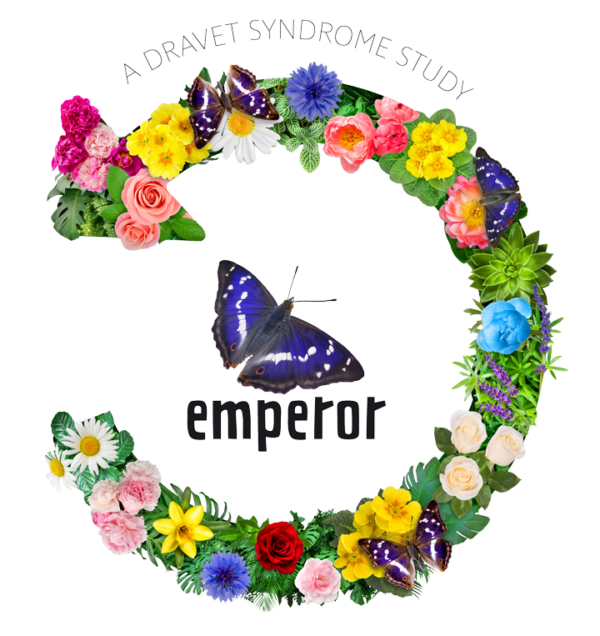
Dravet Syndrome Completed Studies
Monarch Phase 1/2a
The MONARCH study was a Phase 1/2a open-label study of children and adolescents ages 2 to 18 who have an established diagnosis of Dravet syndrome and have evidence of a genetic mutation in the SCN1A gene. The primary objectives for the study were to assess the safety and tolerability of zorevunersen (STK-001), as well as to determine the pharmacokinetics in plasma and exposure in cerebrospinal fluid. A secondary objective was to assess the efficacy as an adjunctive antiepileptic treatment with respect to the percentage change from baseline in convulsive seizure frequency.
Following completion of MONARCH, patients who met study entry criteria were eligible to continue treatment in SWALLOWTAIL, an open-label extension (OLE) study designed to evaluate the long-term safety and tolerability of repeat doses of zorevunersen. The study also evaluated the long-term effects of zorevunersen on convulsive seizure frequency and on behavior, cognition and overall quality of life.
Trial Status
Complete
Location
United States
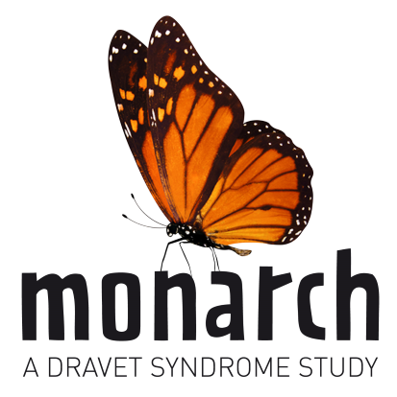
Admiral Phase 1/2a
The ADMIRAL study was a Phase 1/2a open-label study of children and adolescents ages 2 to <18 who have an established diagnosis of Dravet syndrome and have evidence of a genetic mutation in the SCN1A gene. The primary objectives for the study were to assess the safety and tolerability of multiple doses of zorevunersen (STK-001), as well as to determine the pharmacokinetics in plasma and exposure in cerebrospinal fluid. A secondary objective was to assess the effect of multiple doses of zorevunersen as an adjunctive antiepileptic treatment with respect to the percentage change from baseline in convulsive seizure frequency. Overall clinical status and quality of life were secondary endpoints of ADMIRAL.
Following completion of ADMIRAL, patients who met study entry criteria were eligible to continue treatment in LONGWING, an open-label extension (OLE) study designed to evaluate the long-term safety and tolerability of repeat doses of zorevunersen. The study also evaluated the long-term effects of zorevunersen on convulsive seizure frequency and on behavior, cognition and overall quality of life.
Trial Status
Complete
Location
United Kingdom
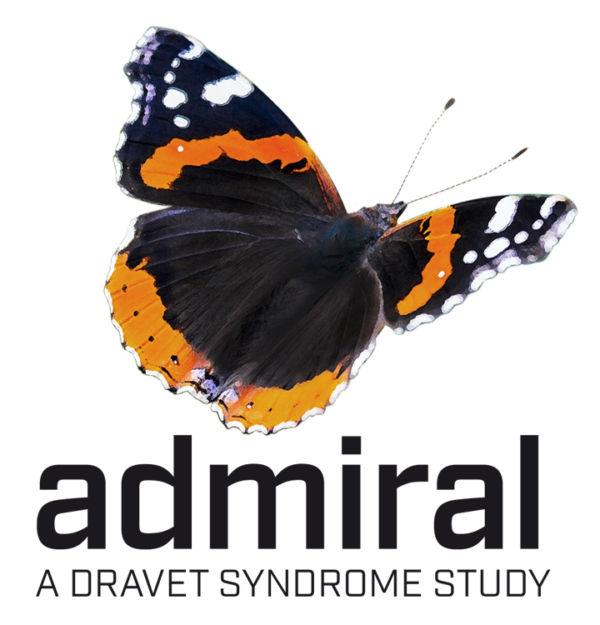
Butterfly Observational Study
BUTTERFLY was an observational study of Dravet syndrome patients initiated by Stoke. This non-interventional two-year study, conducted at approximately 20 sites in the United States, observed children and adolescents ages 2 to 18 years with mutations in the SCN1A gene.
Trial Status
Complete
Location
United States
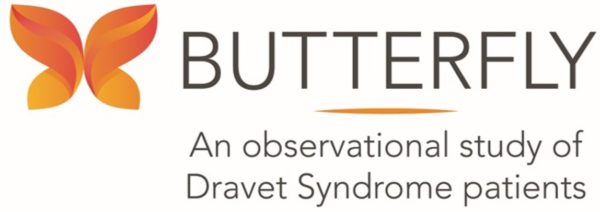
Autosomal Dominant Optic Atrophy
FALCON Natural History Study
FALCON is a multicenter, prospective natural history study of people ages 8 to 60 who have an established clinical diagnosis of ADOA that is caused by a heterozygous OPA1 gene variant. No investigational medications or other treatments will be provided. The study enrolled patients across 10 sites in the U.S., U.K., Italy and Denmark.
Trial Status
Enrollment complete
Location
U.S., U.K., Italy and Denmark
CONTACT
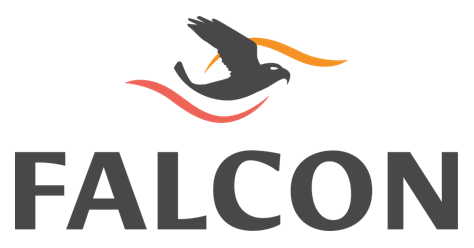
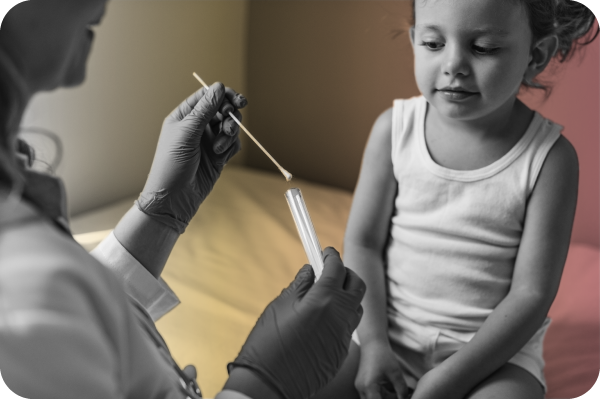
Working to Improve Access to Genetic Testing
As the potential for genetically targeted treatments becomes clearer, the role of genetic testing becomes more important. Stoke Therapeutics supports programs that are intended to increase access to testing to enable more patients to benefit from earlier and more accurate diagnoses and better care over time. Along with other biopharma companies, Stoke is a founding partner to the GeneDx Patient Access Program for pediatric epilepsy, which provides access to whole exome sequencing and is designed to help ensure more equitable care across pediatric epilepsy populations.

